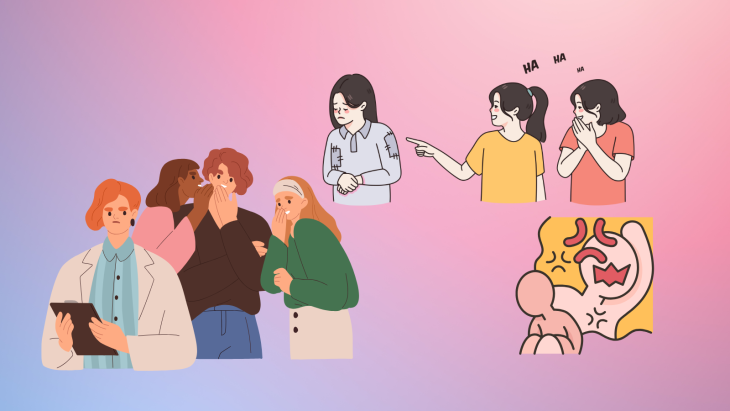Recent Posts
- The Anxious Generation. What is causing Gen Z's mental health crisis?
- Do you have to play games to make relationships work?
- Can a Therapist Find love? The Dating Life of a Therapist.
- Can a Therapist Benefit from Therapy?
- My kid's schedule is fully packed with after-school activities everyday. How much is too much?
Most Popular
It is a real struggle for me to say what I feel and I tend to be passive-aggressive. I need help!

Getting back at someone with a sarcastic comment. Veiling hostility with an insincere comment. Bad-mouthing a coworker who got the promotion one is vying for. Doing whatever that can show bitterness indirectly. We see these actions in people who have a passive-aggressive way of communicating.
Causes and triggers of passive aggression
Passive-aggressive behaviors come from hostile feelings that find their way of expression through indirect means. A person engaged in this behavior may not have the skills to express their feelings in a direct way, or they find expressing their frustrations too risky and they want to avoid confrontation.
Passive aggression can range from sarcasm, criticism, to even eluding one's own responsibilities.
It can become a habit of communication. In statistics, ineffective communication is one of the top reasons for failed relationships and divorce. But being passive-aggressive also affects other relationships like our friendships, work and family relationships.
Signs of unhealthy communication in passive aggression
- Mocking and being sarcastic
- Criticizing and blaming others for our own mistakes
- Disrespecting others in the tone or voice and in words (example: snapping at someone)
- Deliberately hurting the other person by not focusing on them during a conversation
- Making snide and hurtful comments
- Procrastination
Although the hostility, disappointment or frustration was not mentioned, our actions and words may say the message loud and clear.
How to communicate more effectively and manage passive aggression
- Identify your own feelings and talk it out. What is making you feel insecure or powerless? What is triggering your passive-aggressive behavior? When you identify the possible causes, you can open up to those who are concerned in the issue to let them know so that all of you can find solutions.
- Understand instead of criticize. Your issue may have some grounds, and the best way to resolve it is to understand the different perspectives about the issue, and find a win-win solution. However, open communication is hindered when the other party feels attacked by critical words.
- Step back and take a break. The confrontation you are trying to avoid through passive aggression may escalate when the other party decides to fight back. Before the conversation becomes intense, recognize your role in the argument, and ask to be excused for a while. Take a moment to change the scenery, and take deep breaths to regain your composure.
- Practice your tone, and make it conversational instead of argumentative. Most passive-aggressive hurts can be felt in the tone of voice. Changing your tone to a more conversational one will be difficult because sarcasm seems to have taken root. Take time to practice responding to different scenarios that usually make you feel frustrated. Role-play with someone you trust, or practice in front of the mirror.
- Learn patterns of healthy communication through therapy. When passive aggression has become ingrained in our system, it may be hard to see gains. Working with a therapist or a psychologist can help you unlearn passive aggressive patterns and establish healthier communication techniques.
Your therapist can also work with you to help regulate your emotions, and teach you to cope with stress and anxiety better. If you feel that your family is also affected by these behaviors, you can evolve them in family therapy. Family therapists help family members repair and work on their relationships.
When you work to improve your communication, you will find that your relationships will last longer, you can work better and longer with co-workers, deal with conflict more effectively and enjoy your closest relationships!
Find the latest and the most comprehensive list of high quality medical and mental health jobs and career opportunities across the US!








Comments